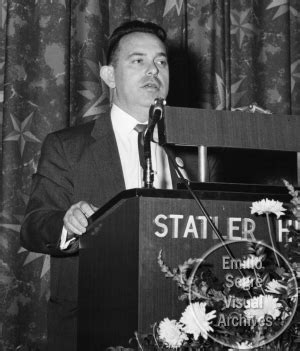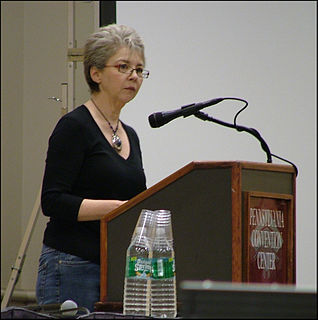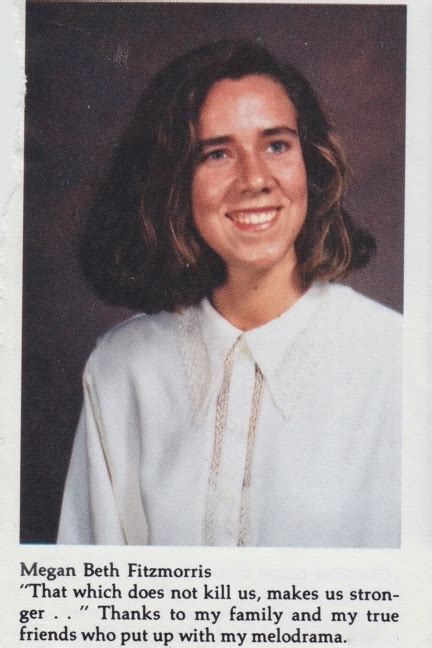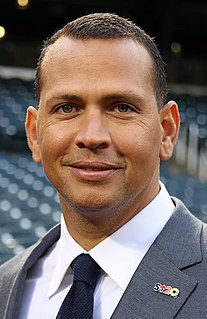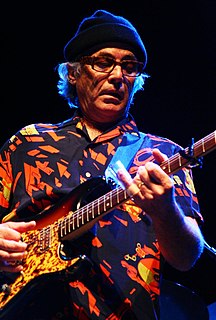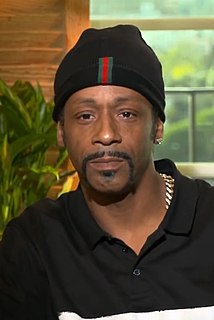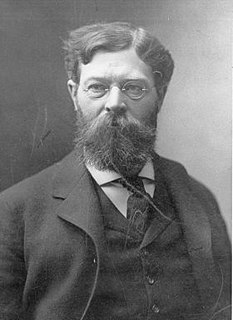A Quote by Margaret Atwood
As soon as you have a language that has a past tense and a future tense you're going to say, 'Where did we come from, what happens next?' The ability to remember the past helps us plan the future.
Related Quotes
Try to find the real tense of the report you are reading: Was it done, is it being done, or is something to be done? Reports are now written in four tenses: past tense, present tense, future tense, and pretense. Watch for novel uses of CONGRAM (CONtractor GRAMmer), defined by the past imperfect, the present insufficient, and the future absolutely perfect.
We human beings have enormous difficulty in focusing on the present; we always thinking about what we did, about how we could have done it better.... or else we think about the future, about what we're going to do.... But at this precise moment, you also realize that you can change your future by bringing the past into the present. Past and future only exist in our mind. The present moment, though, is outside of time, it's Eternity.... It isn't what you did in the past the will affect the present. It's what you do in the present that will redeem the past and thereby change the future.
The Past is dead, and has no resurrection; but the Future is endowed with such a life, that it lives to us even in anticipation. The Past is, in many things, the foe of mankind; the Future is, in all things, our friend. In the Past is no hope; The Future is both hope and fruition. The Past is the text-book of tyrants; the Future is the Bible of the Free. Those who are solely governed by the Past stand like Lot's wife, crystallized in the act of looking backward, and forever incapable of looking before.
What libraries give you is all three tenses - the past tense - the present tense in which we live and the future that we can only imagine. These places have teachers who are living and dead and we are lucky to have them. If I sit here and read Aristotle, he is speaking to me across a thousand years - more than a thousand years. That sense that I am in the company of the great greatest people who ever lived is a humbling experience but a liberating experience.

